The participants go on to emphasize their collective consensus that “Synodality is the life of the Church.”
 Credit: IMBISA/African Synodality Initiative (ASI)
Credit: IMBISA/African Synodality Initiative (ASI)
In the discussions about “pastoral synodal leadership”, Fr. Marcel Uwineza and Sheila Pires guided the participants in understanding leadership as “the capacity to make a difference in our lives and in that of others.”
In the final statement shared with ACI Africa, the participants explain that “the role of a leader is very important to help the group to be effective. A leader must have courage to decide but this must be done after consulting all the stakeholders.”
 Credit: IMBISA/African Synodality Initiative (ASI)
Credit: IMBISA/African Synodality Initiative (ASI)
(Story continues below)
“A leader must create an environment where every member of the staff can speak without fear. S/he must also not be afraid of conflicts because conflicts help us to grow and find solutions to our problems. S/he must have a clear and objective vision,” they add.
The participants recall Fr. Uwineza’s input on the need “to cultivate and lead synodal pastoral communities and spirituality of journeying together” on Wednesday, April 10, the second day of their formation workshop.
 Credit: IMBISA/African Synodality Initiative (ASI)
Credit: IMBISA/African Synodality Initiative (ASI)
“We have realised that the leader must take inclusive decisions that can be far and broad, not only including the formation staff but even the outsiders. The leader must be accountable and responsible,” they say, recalling the input of the Rwandan-born member of the Society of Jesus (SJ/Jesuits) currently serving are Rector of the Jesuits’ Hekima University College (HUC) in Nairobi, Kenya.
The participants also recall the input by Bishop Masilo John Selemela, who guided them in reflecting on “the value of collegial bodies in the church.”
 Credit: IMBISA/African Synodality Initiative (ASI)
Credit: IMBISA/African Synodality Initiative (ASI)
They reflected on ecclesiology concept, “beginning from the foundations and development of ecclesiology leading to the synodal church where everyone feels welcomed in the church, the church that lives the spirituality of communion.”
“This communion can be visible and concrete only when we realise that the local church is in the universal church and the universal church is in the local church,” they say recalling the input of the Auxiliary Bishop of South Africa’s Pretoria Archdiocese.
 Credit: IMBISA/African Synodality Initiative (ASI)
Credit: IMBISA/African Synodality Initiative (ASI)
The communion, the participants who included Seminary Rectors further recall their April 10 discussions, “is a reflection of the Persons of the Trinity who exist in communion. We cannot speak of the local and universal church while ignoring the collegial bodies because these also contribute towards the ecclesial communion.”
On Thursday, April 11, Seminary Rectors in IMBISA were given the opportunity to explain how they planned to make use of insights from the April 8-12 formation workshop, in which Ms. Pires, the Communications Officers of the Southern African Catholic Bishops’ Conference (SACBC), who served as a Secretary of the Synod on Synodality Commission for Information after Pope Francis appointed her was among the facilitators.
 Credit: IMBISA/African Synodality Initiative (ASI)
Credit: IMBISA/African Synodality Initiative (ASI)
The participants resolved to initiate “seminarian exchange programme” in IMBISA, aimed at strengthening the working together in the Southern African region.
“We will also create online platforms for networking. Dioceses with more than one seminary can meet at their own level so that the vision may be shared by all,” they say.
The participants express optimism in their deliberations and resolutions, and referring to the decision to foster networking among Seminaries and houses of formation in the IMBISA member countries, say, “All of us can accomplish this need and we acknowledge that we can work together. The sharing of experiences is important and annual meetings will also help us to have uniform formation as the region.”
ACI Africa was founded in 2019. We provide free, up-to-the-minute news affecting the Catholic Church in Africa, giving particular emphasis to the words of the Holy Father and happenings of the Holy See, to any person with access to the internet. ACI Africa is proud to offer free access to its news items to Catholic dioceses, parishes, and websites, in order to increase awareness of the activities of the universal Church and to foster a sense of Catholic thought and culture in the life of every Catholic.
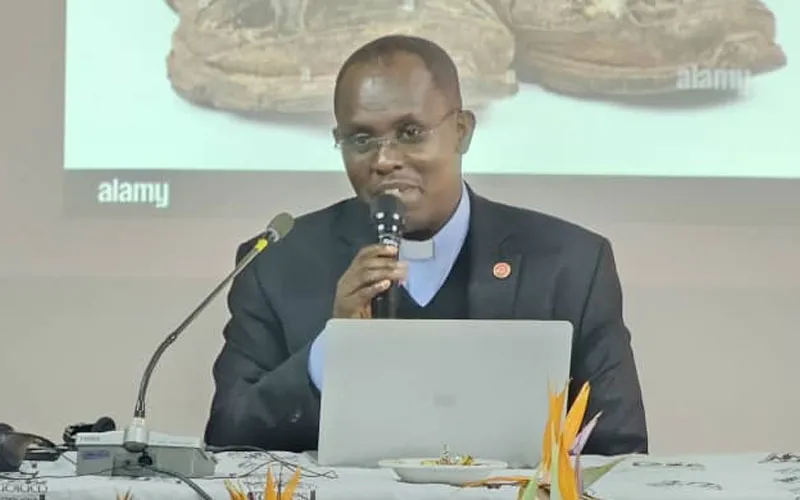 Credit: IMBISA/African Synodality Initiative (ASI)
Credit: IMBISA/African Synodality Initiative (ASI)


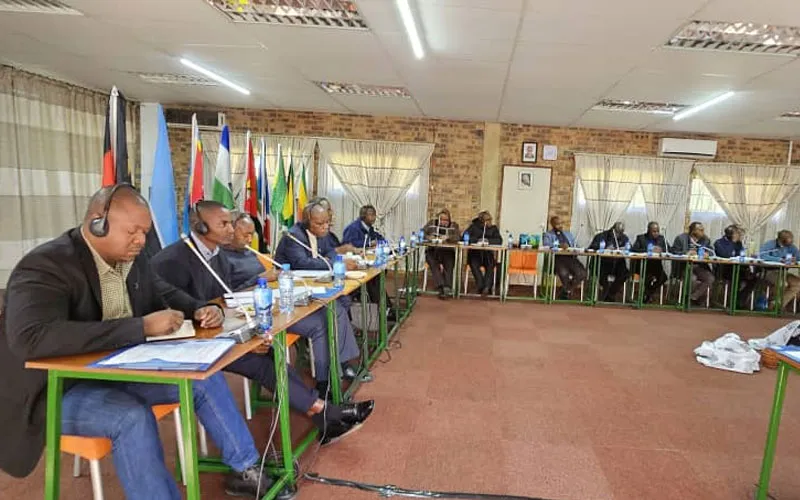
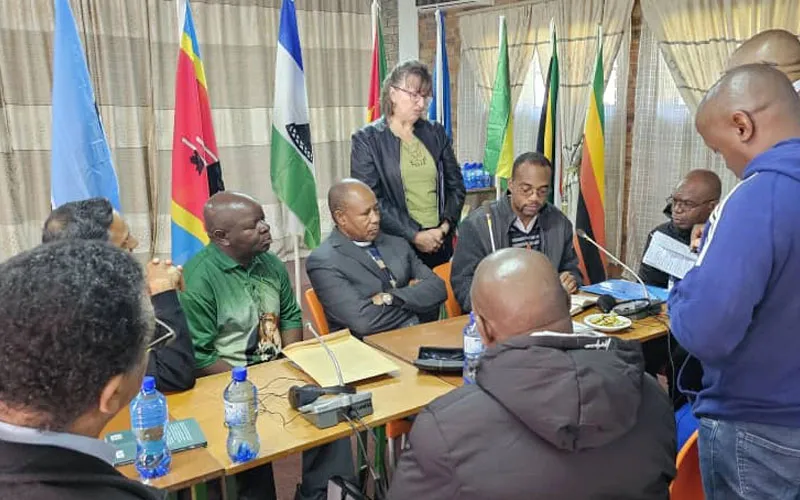 Credit: IMBISA/African Synodality Initiative (ASI)
Credit: IMBISA/African Synodality Initiative (ASI)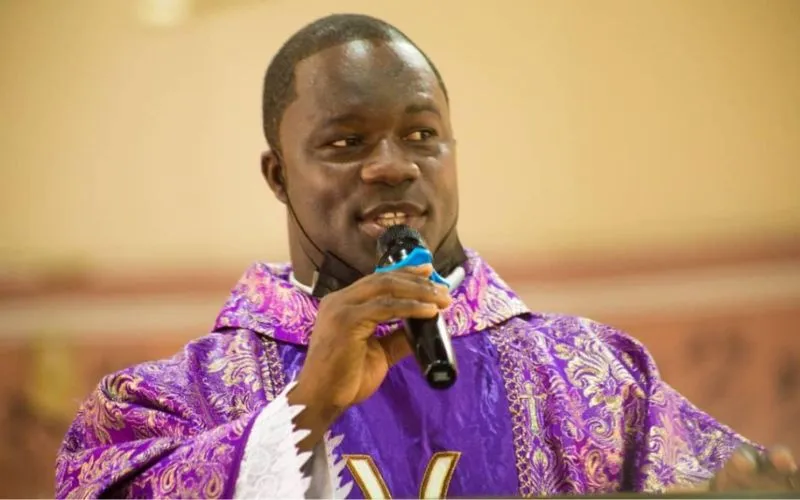
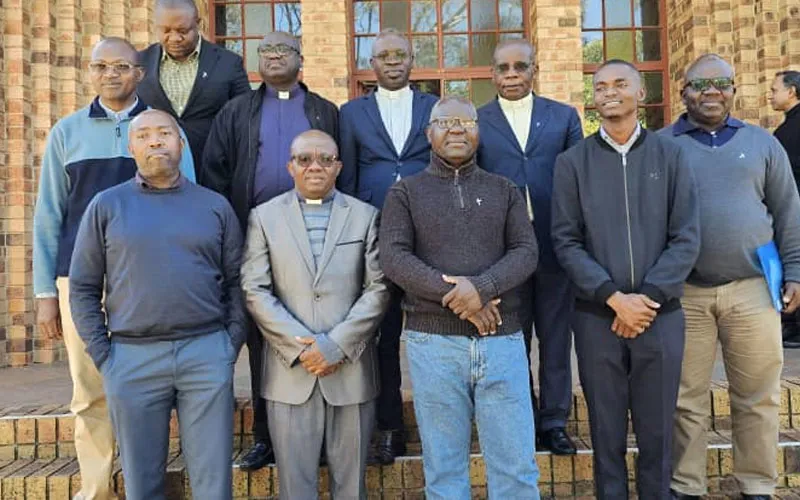 Credit: IMBISA/African Synodality Initiative (ASI)
Credit: IMBISA/African Synodality Initiative (ASI)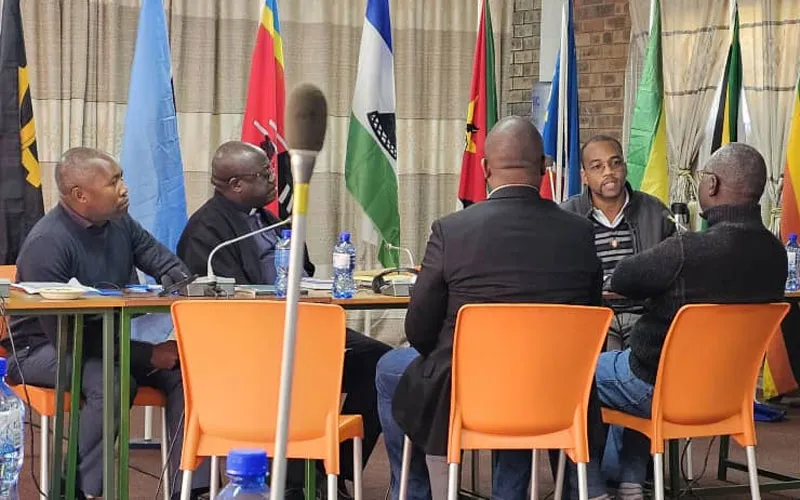 Credit: IMBISA/African Synodality Initiative (ASI)
Credit: IMBISA/African Synodality Initiative (ASI) Credit: IMBISA/African Synodality Initiative (ASI)
Credit: IMBISA/African Synodality Initiative (ASI) Credit: IMBISA/African Synodality Initiative (ASI)
Credit: IMBISA/African Synodality Initiative (ASI) Credit: IMBISA/African Synodality Initiative (ASI)
Credit: IMBISA/African Synodality Initiative (ASI) Credit: IMBISA/African Synodality Initiative (ASI)
Credit: IMBISA/African Synodality Initiative (ASI) Credit: IMBISA/African Synodality Initiative (ASI)
Credit: IMBISA/African Synodality Initiative (ASI) Credit: IMBISA/African Synodality Initiative (ASI)
Credit: IMBISA/African Synodality Initiative (ASI)


